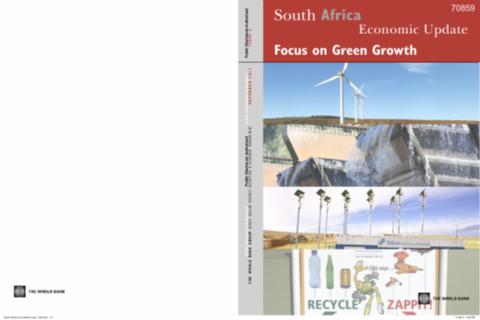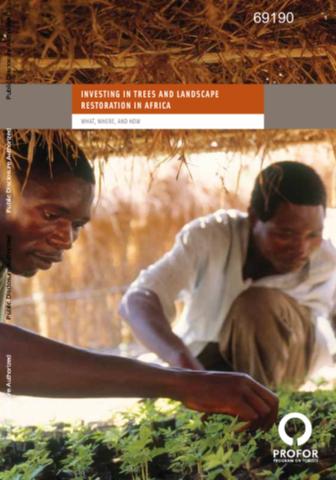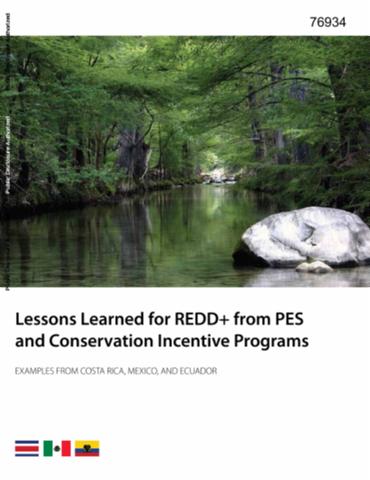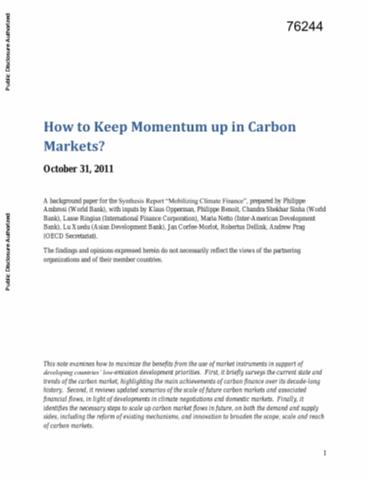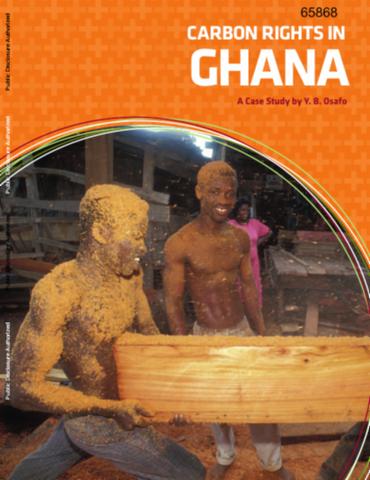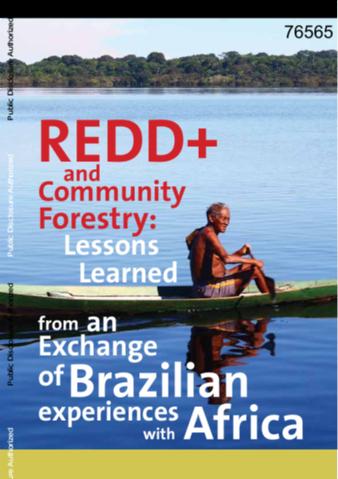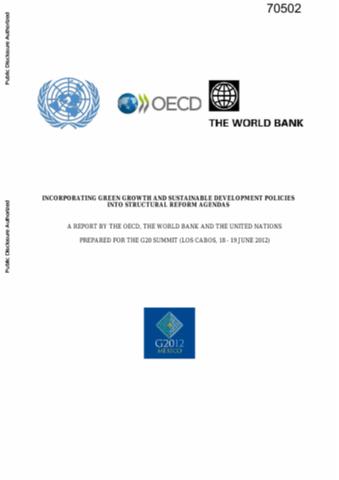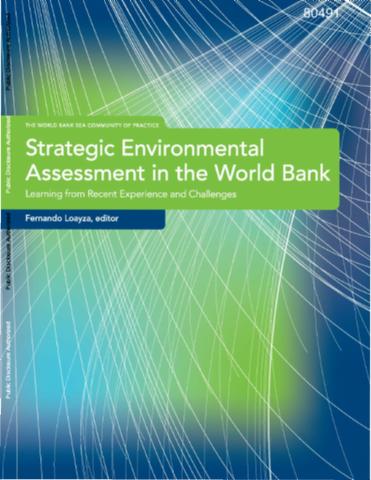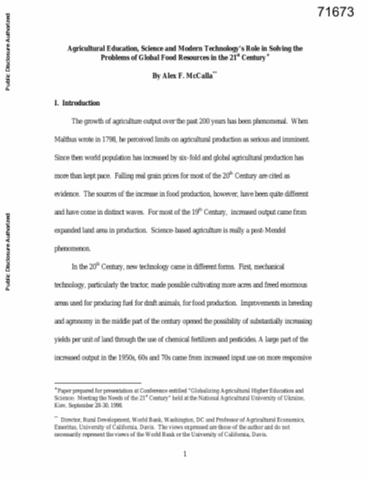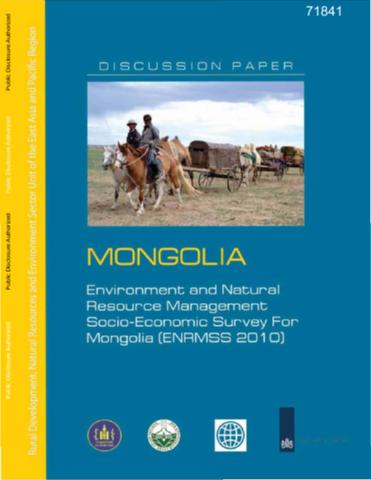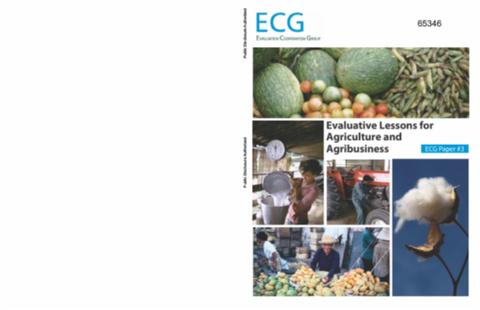South Africa Economic Update, November 2011
The global financial roller coaster, with the Euro zone as its lead car, has hit economic prospects across the globe. The South African economy, with its close links to the world economy, has suffered, too, resulting in weakened growth prospects, lower fiscal revenues, lower and more volatile valuation of the rand, and dampened external financing. This further compounds the policy challenges facing the authorities, on top of their preoccupation with unyielding unemployment, which requires higher and more inclusive economic growth.

